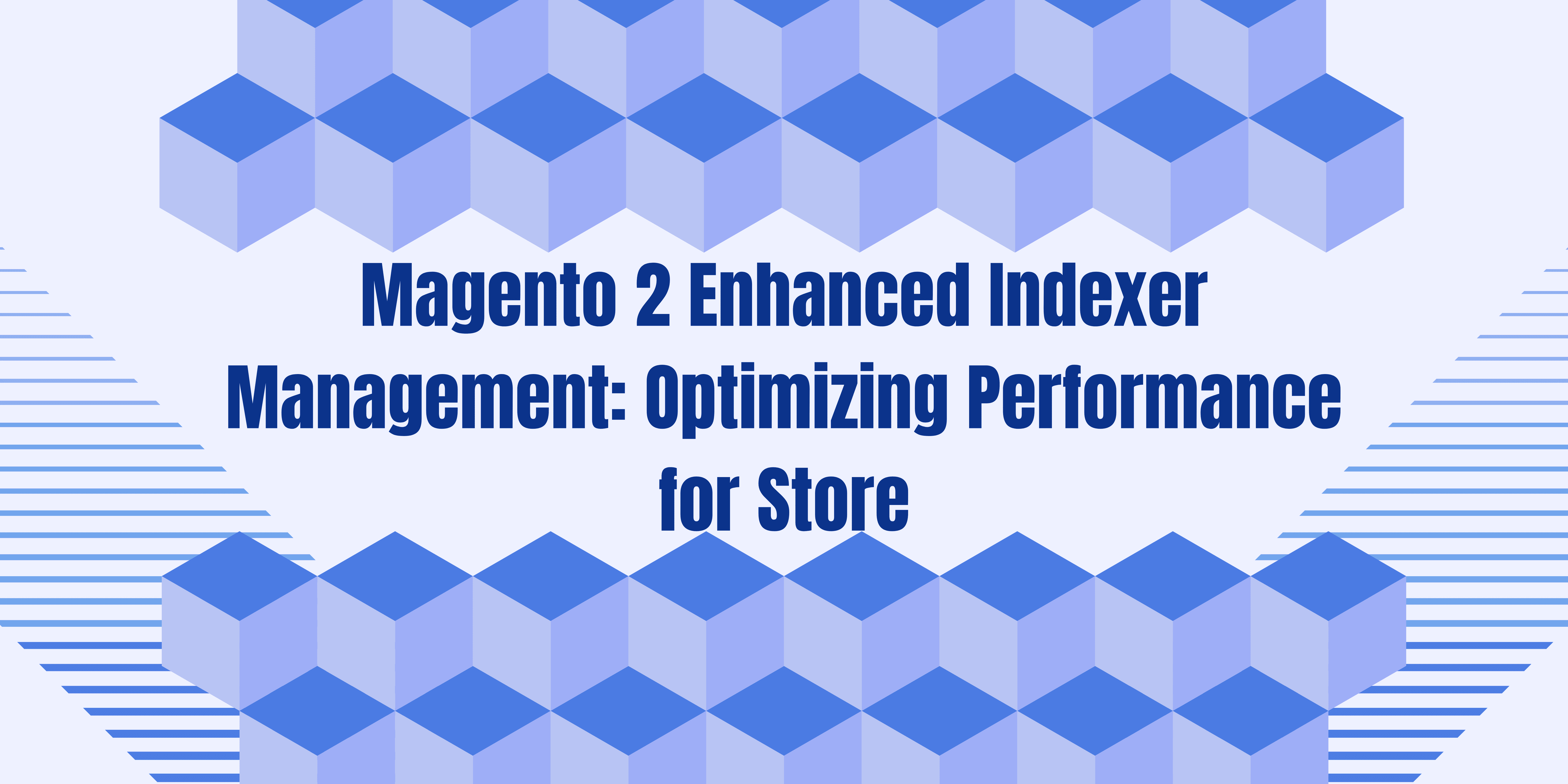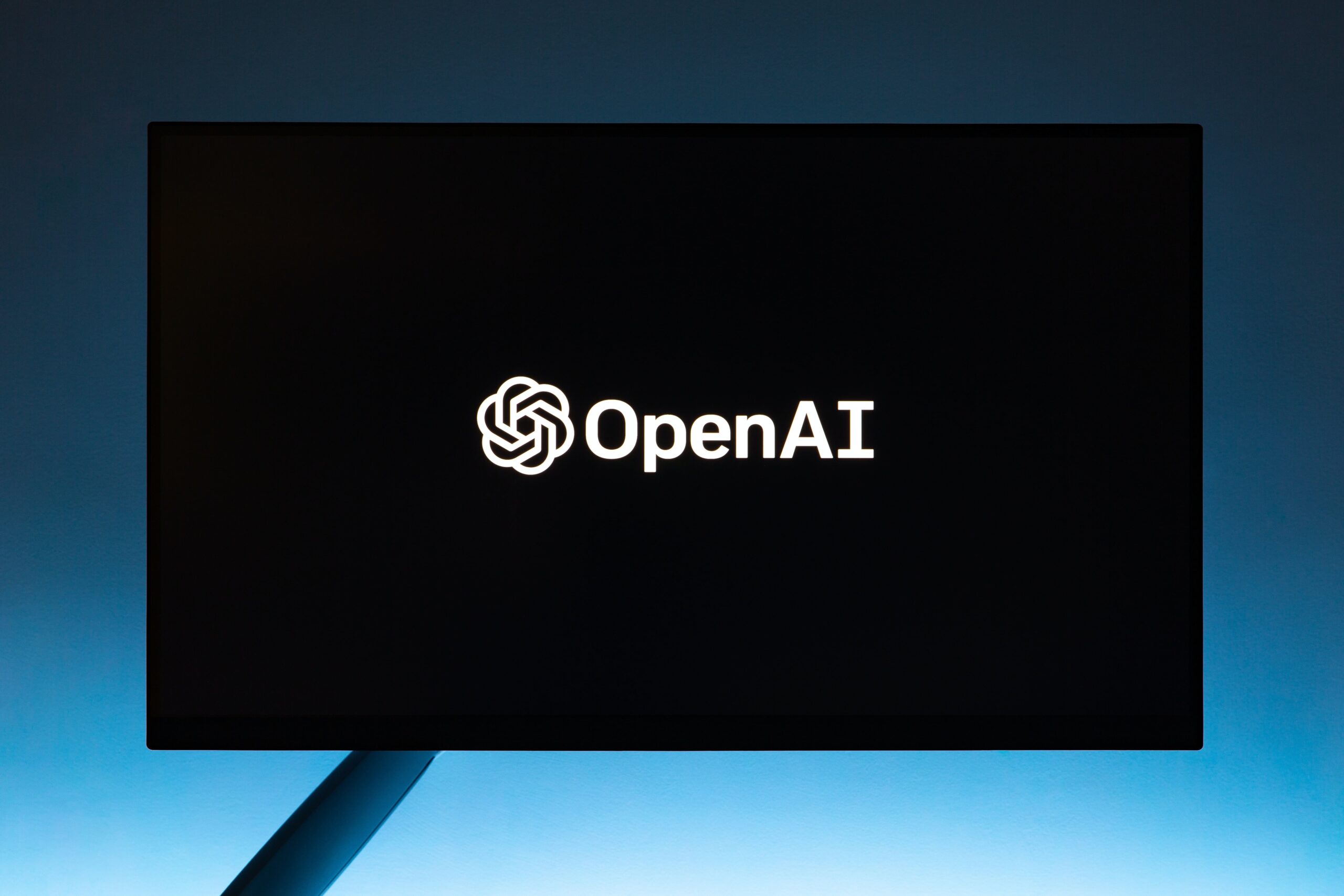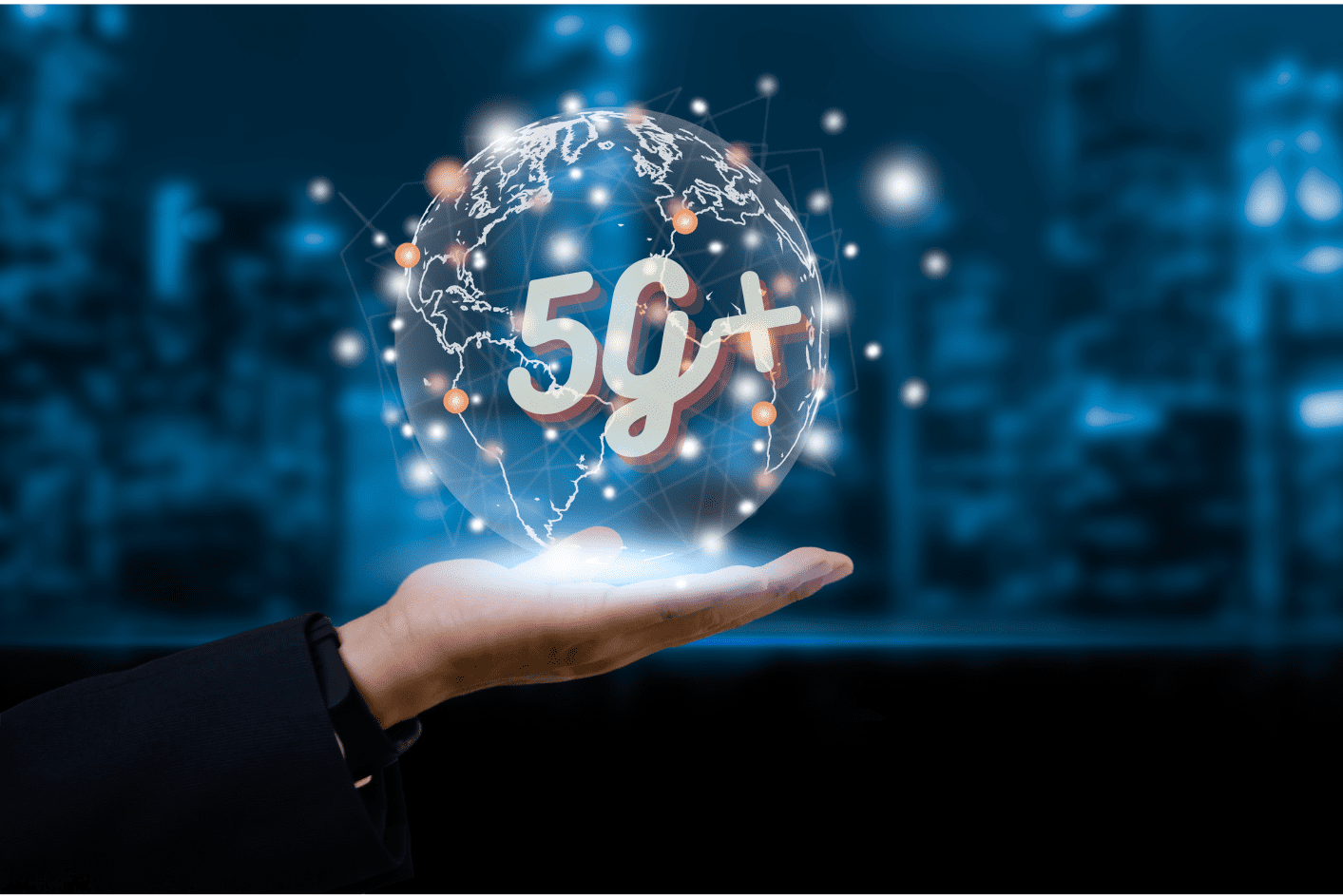Introduction
Artificial Intelligence (AI) has rapidly integrated into various aspects of our daily lives, revolutionizing the way we live, work & interact. From entertainment to healthcare, AI is making significant contributions that enhance efficiency, convenience & innovation. In this article, we’ll explore 10 uses of artificial intelligence in our day-to-day routines.
Artificial Intelligence (AI) has swiftly integrated itself into various aspects of our daily lives, revolutionizing the way we work, communicate and interact with the world around us. From virtual assistants to personalized recommendations, AI’s impact is undeniable. In this article, we delve into ten practical applications of AI that have become integral to our everyday routines.
1. Virtual Personal Assistants
AI-powered virtual assistants like Siri, Google Assistant & Amazon Alexa have become our reliable companions. They schedule appointments, set reminders, answer queries and even control smart home devices, simplifying tasks and saving time. These AI-driven helpers schedule appointments, set reminders, answer questions, and even control smart home devices, streamlining our daily activities.
Online platforms like Netflix, YouTube, and Spotify use AI algorithms to analyze users’ preferences and behaviors. This enables them to provide tailored content recommendations, enhancing our entertainment experiences.
2. Healthcare Diagnostics
AI is transforming healthcare by analyzing medical data and assisting in diagnostics. Machine learning algorithms can detect patterns in medical images like X-rays and MRIs, aiding doctors in early disease detection and accurate treatment recommendations.
AI-powered virtual healthcare assistants offer medical advice, answer health-related queries, and even remind patients to take their medications. These assistants provide accessible healthcare information around the clock.
3. Language Translation
Language barriers are breaking down thanks to AI-driven translation tools. Services like Google Translate utilize deep learning to translate text and speech in real time, facilitating seamless communication across different languages.
AI-powered language translation tools, such as Google Translate, have broken down communication barriers across the globe. These tools enable real-time translation of languages, making international communication smoother and more accessible.
4. Entertainment Recommendations
Streaming platforms like Netflix & Spotify employ AI algorithms to analyze users’ preferences and behavior. This enables them to suggest personalized content, making our entertainment choices more enjoyable & tailored.
5. Fraud Detection
Financial institutions rely on AI for fraud detection & prevention. By analyzing transaction patterns and behaviors, AI algorithms can identify suspicious activities & promptly alert customers to potential security breaches.
Banks & financial institutions rely on AI to detect fraudulent activities in real-time. Machine learning algorithms analyze transaction patterns to identify any anomalies, helping prevent unauthorized access and protecting our financial assets.
6. Autonomous Vehicles
The automotive industry is undergoing a revolution with AI-driven self-driving cars. These vehicles use sensors, cameras & machine learning to navigate roads, reducing accidents & enhancing transportation efficiency.
The automotive industry is evolving rapidly with the integration of AI in autonomous vehicles. These vehicles use sensors and AI algorithms to navigate roads, detect obstacles, and make split-second decisions to ensure safer and more efficient transportation.
7. Virtual Shopping Assistants
AI is enhancing the online shopping experience through virtual shopping assistants. These chatbots guide users through product selection, answer questions & offer personalized recommendations, mimicking an in-store shopping experience.
Online shopping platforms like Amazon and eBay utilize AI to analyze our browsing & purchasing behavior. This data helps AI algorithms suggest products we might be interested in, enhancing our shopping experience.
8. Social Media Algorithms
Social media platforms employ AI algorithms to curate our feeds and display content relevant to our interests. This keeps us engaged and connected by prioritizing posts from friends, family, and pages we interact with most.
Social media platforms employ AI to curate our feeds and display content that aligns with our interests. This AI-driven customization enhances user engagement and keeps us connected to relevant information.
9. Personalized Learning
In the field of education, AI-powered platforms create personalized learning paths for students. By analyzing individual learning styles & progress, these systems adapt content and pace, fostering more effective learning.
10. Energy Management
AI is optimizing energy consumption in households and industries. Smart thermostats, for instance, learn users’ preferences and adjust temperatures accordingly, leading to energy savings without sacrificing comfort.
Smart homes equipped with AI-driven energy management systems optimize energy consumption by learning our usage patterns. This not only reduces energy bills but also contributes to environmental sustainability.
Conclusion:
Artificial Intelligence has seamlessly integrated into our daily lives, offering practical solutions that enhance convenience, efficiency, and even safety. From virtual personal assistants to healthcare diagnostics and energy management, the applications of AI are diverse and ever-expanding. As technology continues to evolve, we can expect even more innovative uses of AI that will further transform the way we experience the world around us.
Artificial Intelligence has transitioned from the realm of science fiction to an integral part of our daily lives. Its applications span various sectors, from healthcare and entertainment to transportation and communication. As AI continues to advance, we can expect even more innovative ways it will enhance our everyday experiences, making tasks more convenient, communication more seamless, and the world more connected than ever before. Embracing AI’s potential is key to staying ahead in our rapidly evolving digital landscape.
10 Uses of Artificial Intelligence in Our Daily Life
Frequently Asked Questions (FAQ)
Welcome to our comprehensive FAQ guide for “10 Uses of Artificial Intelligence in our Daily Life”
How does AI improve our daily routines?
How is AI integrated into everyday applications?
What are some examples of AI in healthcare?
Can AI improve education?
How does AI influence the entertainment industry?
Is AI used in customer service?
Are there any limitations to AI's capabilities in daily life?
What role does AI play in transportation?
Can AI improve cybersecurity?
Are there any ethical concerns related to AI in daily life?
How can individuals learn more about AI and its applications?
Is AI a threat to human jobs?
What's the future of AI in daily life?
How can governments regulate AI to ensure its responsible use?
10 Uses of Artificial Intelligence in our Daily Life
You can also read:
What is 5G+: Understanding the Magic of 5G+
OpenAI Chatbot: Revolutionizing the Future of Development
Explore How Technology Contributes to Productive Communities: Tech Fusion
Negative Effects of AI: Exploring the Dark Side of AI’s Impact
AI in Health: Transforming Medical Diagnosis and Treatment
The Future of Technology in Education: Technology Advancement














